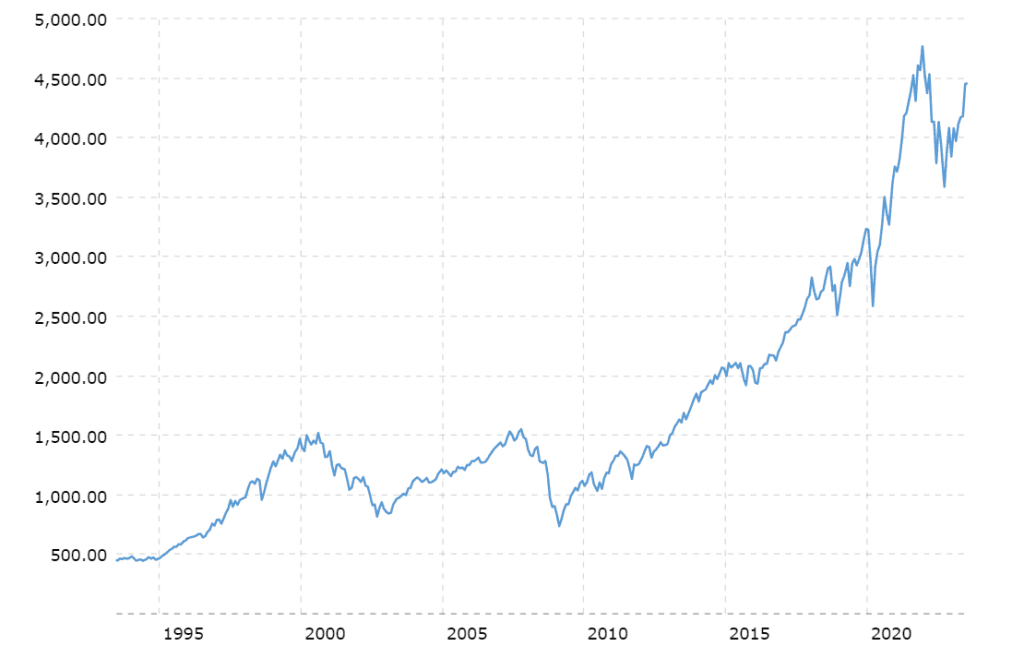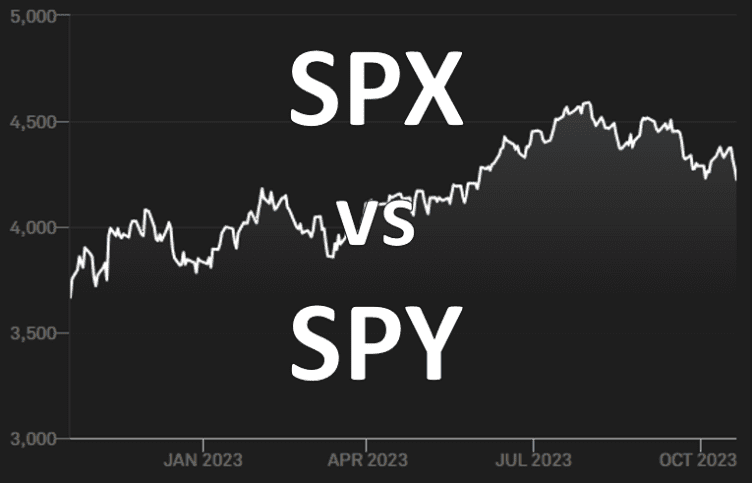Investing wisely is a key component of building long-term wealth and financial security. As a beginner investor, you may feel overwhelmed by the numerous investment options available. However, one strategy that stands out for its simplicity and effectiveness is investing in index funds. In part 2 of the Beginner’s Guide to Investing, we will delve deeper into the concept of index funds, explore their benefits, and provide insights on personalizing your investment approach based on risk tolerance and time horizon. Let’s explore how index funds can pave the way for your financial success.
Read: A Beginner’s Guide to Investing Part 1: How to Make Your Money Work for You
Why Choose Index Funds?
Index funds offer a convenient and low-risk way to invest your money. Unlike individual stocks, which require constant monitoring and active trading, index funds passively track an entire stock index, such as the S&P 500 or NASDAQ. By investing in an index fund, you automatically gain exposure to a diversified portfolio of stocks, spreading your investment across various companies and reducing risk. Let’s explore the advantages of index funds further.
Instant Diversification
Index funds offer one of the biggest advantages in the form of instant diversification. Instead of spending time meticulously researching and selecting individual stocks, index funds allow you to diversify your investments across all the companies included in a specific index. By spreading your money proportionally, you mitigate the impact of poor performance by any single company. This diversification strategy provides a level of risk management and promotes steady long-term growth. Even if a few companies in the index underperform, the overall performance of the fund remains relatively stable.
Low Fees
One of the standout features of index funds is their passive management approach, which eliminates the need for a professional money manager making active investment decisions. As a result, index funds have significantly lower fees compared to actively managed funds. These cost-effective fees allow you to maximize your returns and retain a larger portion of your investment gains. By minimizing the impact of fees on your overall returns, you can enhance your long-term investment growth and compound your wealth over time.
Consistent Returns
While short-term market fluctuations are inevitable, historical data consistently demonstrates long-term growth in the stock market. By investing in index funds that track the overall market performance, you can benefit from these consistent gains. For instance, the S&P 500 has historically delivered an average annual return ranging between 8% and 10%. By remaining invested in index funds over an extended period, you have the potential to accumulate significant wealth through the power of compounding returns. The consistent growth of the market provides a solid foundation for your investment portfolio and offers the opportunity for long-term financial success.

Personalizing Your Investment Approach
When it comes to investing, personal goals and time horizon play a crucial role in determining the right strategy. Consider the following factors to align your investments with your specific circumstances.
Risk Tolerance
One important factor to consider is your risk tolerance, which refers to your comfort level with taking on investment risks. Younger investors who have a longer time horizon before retirement can often afford to take on more risk. With time on their side, they have the opportunity to recover from potential losses and benefit from the long-term growth potential of equities. These individuals may choose to allocate a higher percentage of their investment portfolio to stocks, which historically offer higher returns but come with greater volatility. On the other hand, investors who are closer to retirement may have a lower risk tolerance. Preserving the accumulated wealth becomes a priority, and they may opt for a conservative less risky approach. This may involve a higher allocation to fixed-income investments or bonds, which provide more stability and consistent income.
Time Horizon
Another important aspect to consider is your investment time horizon, which refers to the period you have until you need to access your invested funds. If retirement is decades away, you can focus on long-term investments that have the potential for higher returns. Having a longer time horizon allows you to weather short-term market fluctuations and benefit from the power of compounding growth. By investing in assets such as stocks or equity-based funds, you can ride out market downturns and potentially achieve substantial wealth accumulation over time. However, if you are approaching retirement within a few years, it becomes vital to protect your capital and ensure a stable income during your retirement years. In this case, a more conservative allocation that includes a higher percentage of fixed-income investments may be appropriate. These investments offer greater stability and are less susceptible to market volatility, providing a reliable source of income when you need it most.
Wrapping Up
Choosing the right investment strategy is essential for beginner investors. Index funds provide a hassle-free and diversified approach to investing, allowing you to participate in the overall market’s growth. With low fees and consistent returns, index funds are an excellent choice for long-term investment. Personalizing your investment approach based on your risk tolerance and time horizon further enhances the suitability of your investments. Remember to consult with a financial advisor for personalized guidance tailored to your specific financial goals.



